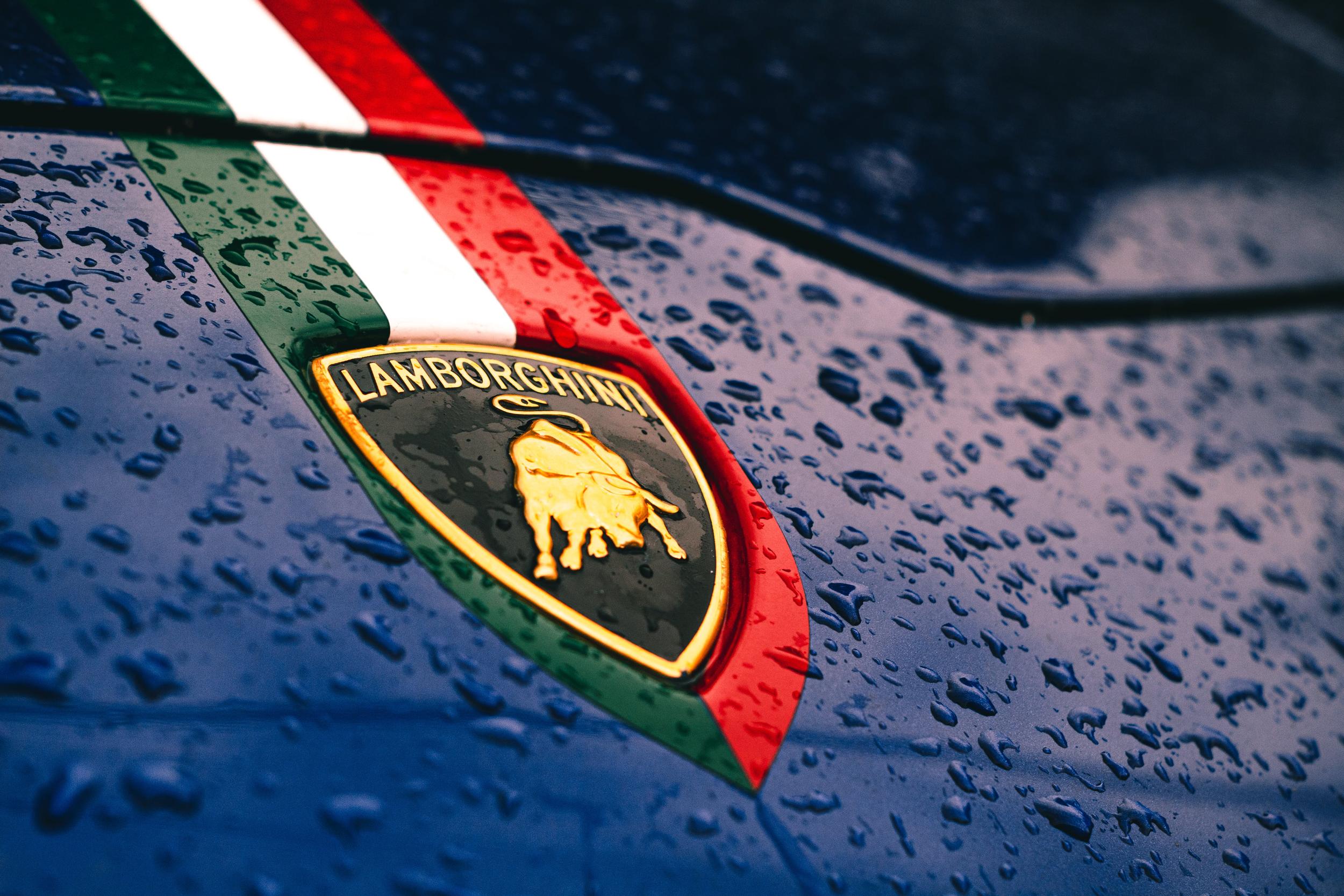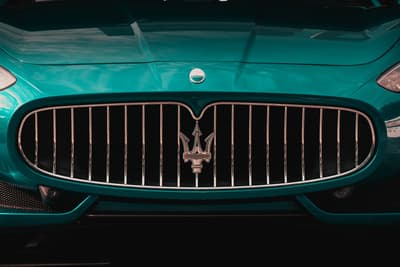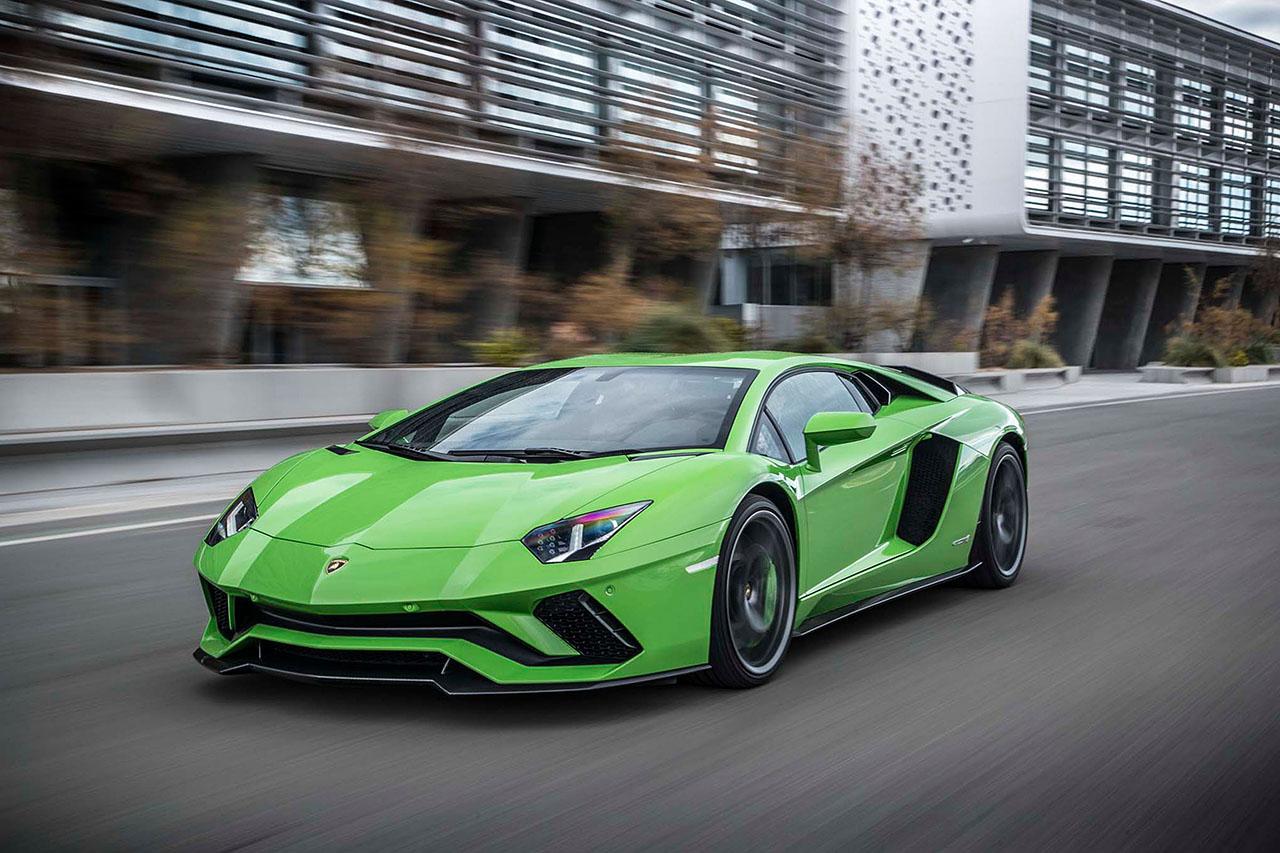Italian sports cars often make enthusiasts think instantly of Lamborghini or Ferrari, brands that dominate this space with their iconic status. However, Italy’s automotive legacy is enriched by many other makers who have quietly but significantly contributed to the evolution of sports cars. This article highlights some of these less celebrated yet noteworthy Italian sports car manufacturers, delving into their histories, design ethos, and the unique elements that distinguish them in a crowded field.
1. Pagani
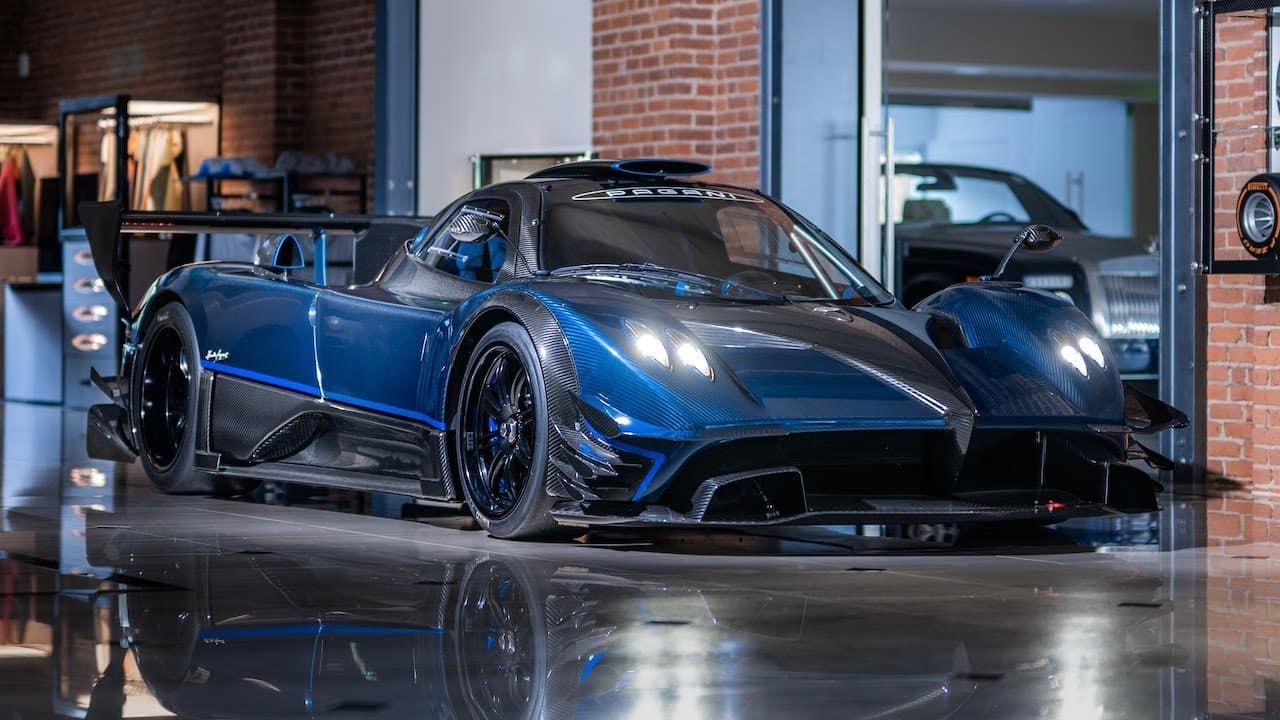
Founded by an Argentine, Horacio Pagani, in the early 1990s, Pagani Automobili quickly established a reputation for producing hypercars that merge art and state-of-the-art engineering. The Pagani Zonda, introduced in 1999, is perhaps the brand’s most iconic model. It features a carbon fiber body, a distinctive design with its circular quad-exhaust arrangement, and gull-wing doors. It’s powered by a Mercedes-AMG engine, varying in specifications across different models. The Zonda’s impressive combination of lightweight construction and powerful performance creates an exceptional driving experience characterized by agility and raw power. The Zonda Revolucion, the final edition of the Zonda, epitomizes this blend with its AMG V12 engine producing 800 hp and extensive use of carbon-titanium material for the chassis.
2. De Tomaso
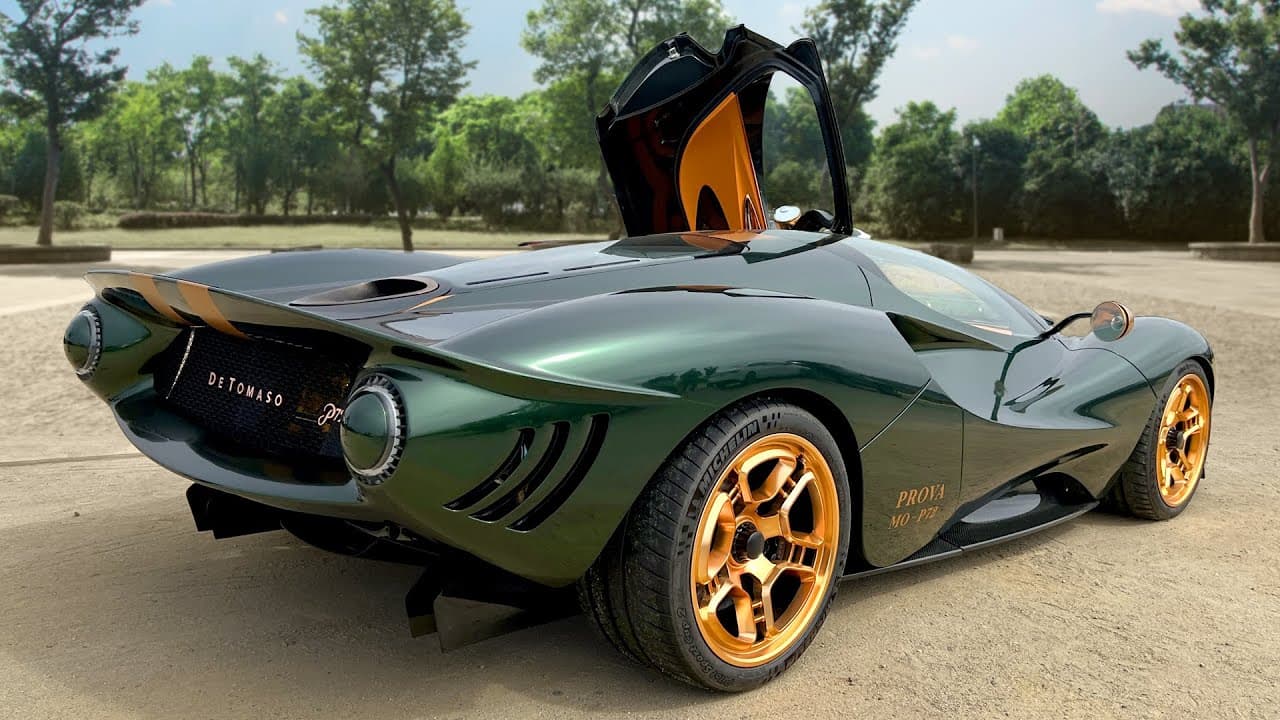
De Tomaso, founded by Alejandro de Tomaso in Modena, Italy, has produced several interesting models, but the Pantera is arguably the pinnacle of its creation. The Pantera, which debuted in 1971, fused American muscle with Italian design – it was powered by a Ford V8 engine and styled by the Italian firm Ghia. With its mid-engine layout, the Pantera provided a balance of dynamic performance and striking aesthetics. Notably, the car’s accessibility and Ford’s backing for parts and servicing contributed to its popularity, particularly in the U.S. Its influence can be seen in its long production run, lasting until the early ’90s, and the recent revival of the De Tomaso brand with new models like the P72, a tribute to the brand’s classic-era ethos.
3. Bizzarrini
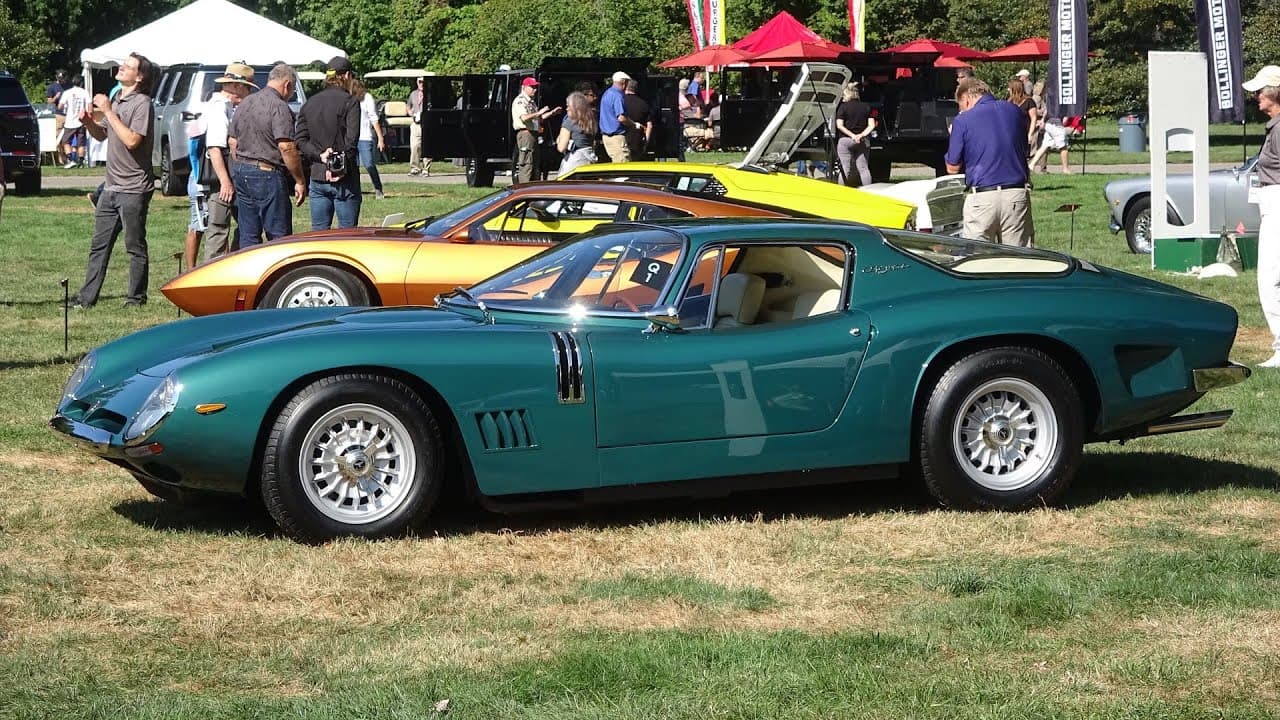
The Bizzarrini brand, although short-lived, left a significant mark with the 5300 GT Strada. Engineered by Giotto Bizzarrini, who played a crucial role in developing Ferrari’s 250 GTO, the 5300 GT combined Italian design finesse with the power of a Chevrolet V8 engine. This car was notable for its low, sleek design, with a long hood and short rear deck, giving it excellent aerodynamics and high-speed stability.
Using a reliable and powerful American engine in a lightweight, stylish Italian body made the 5300 GT a formidable contender on the road and racetrack, appealing to those who desired the best of both worlds in performance and design.
4. Iso Rivolta
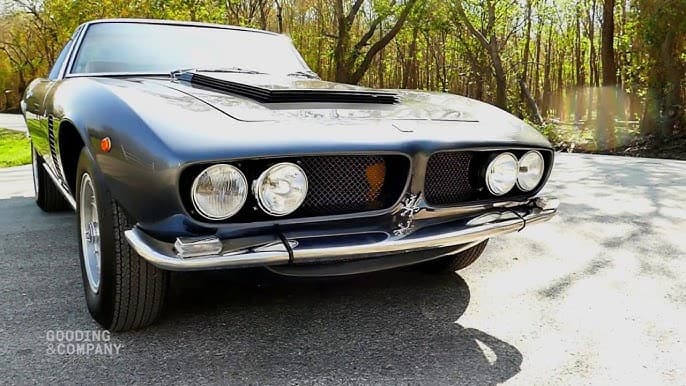
Iso Rivolta, an Italian carmaker that originally focused on refrigerators and later motorbikes, shifted to cars in the 1950s. The Iso Grifo is their most famous model, a beautiful embodiment of Italian design and American power. Styled by Giorgetto Giugiaro at Bertone, the Grifo was a luxury grand tourer with a powerful heart, typically a Chevrolet V8, ensuring reliability and formidable performance. The Grifo Series II, equipped with a 7.4-liter engine, was one of the fastest cars of its era, capable of reaching speeds up to 300 km/h (186 mph). Its balanced mix of speed, style, and comfort made it a desirable car for the discerning enthusiast.
5. Cizeta
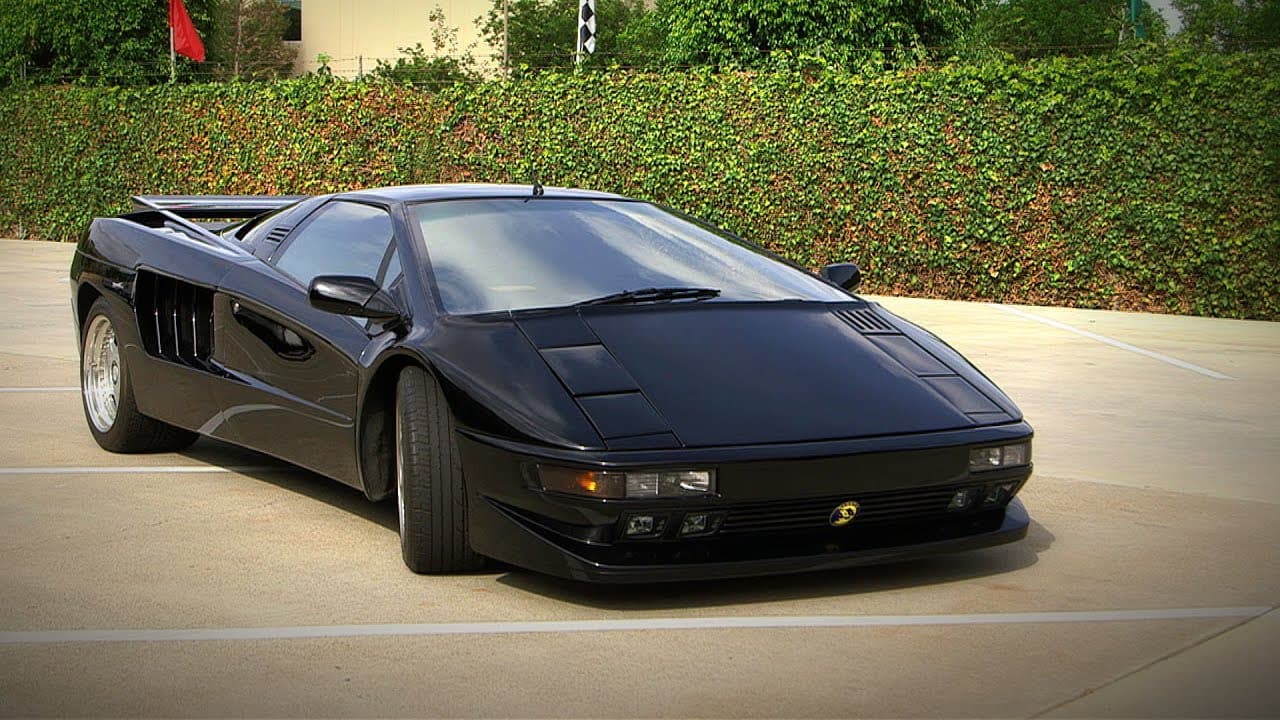
Cizeta Automobili, the brainchild of Claudio Zampolli and the famous music composer Giorgio Moroder, is most renowned for its Cizeta-Moroder V16T. This supercar was a marvel of its time, sporting a unique 16-cylinder engine configured in a transverse layout – a rarity in the automotive world. With its dramatic and angular Marcello Gandini design, the V16T looked as radical as its engineering. It boasted about 540 hp, enabling it to reach speeds of over 200 mph. The Cizeta V16T’s rarity, with only a few ever made, combined with its extraordinary performance and distinctive style, make it a fascinating footnote in the annals of automotive history.
6. Abarth
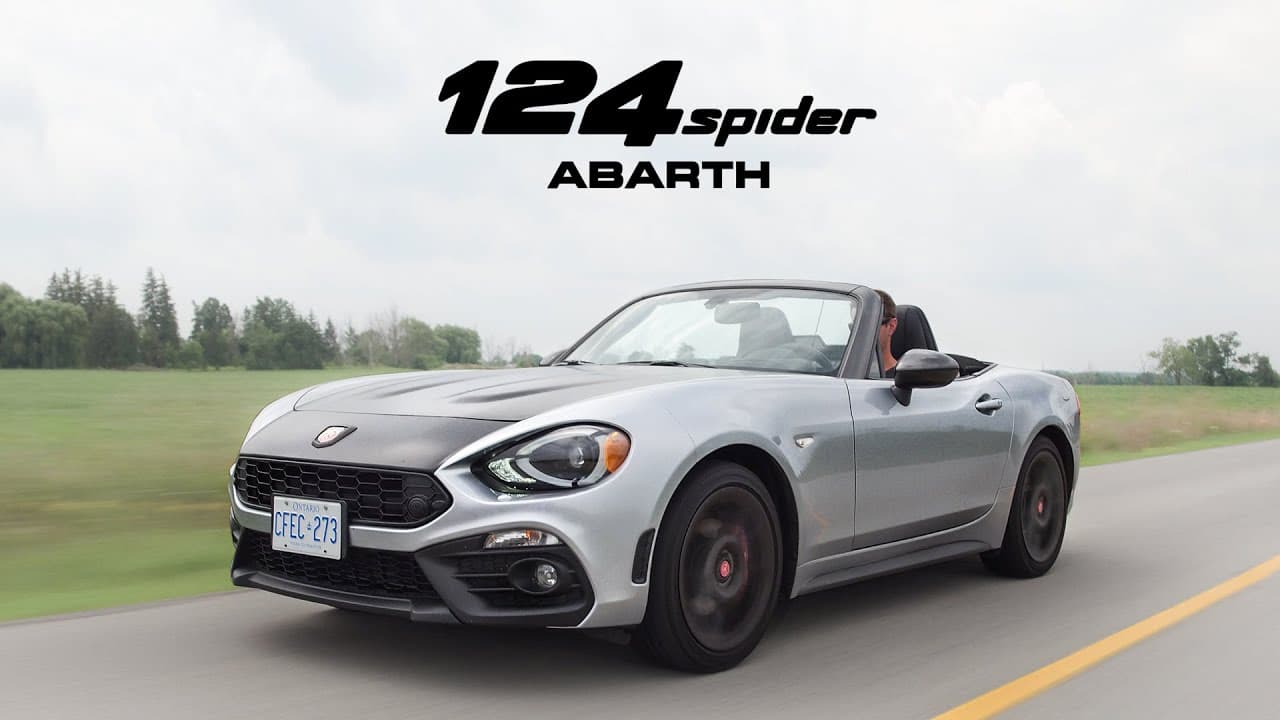
Abarth, originally an independent company founded by Carlo Abarth in 1949, later became a part of Fiat and has since been synonymous with performance-enhanced versions of Fiat cars. A notable model that stands out in the Abarth lineage is the Abarth 595, based on the Fiat 500. The 595 doesn’t just share the Fiat 500’s iconic, retro-chic design; it transforms it with a more aggressive stance, sport-tuned suspension, and a turbocharged engine to deliver a spirited and engaging driving experience. Its combination of accessible performance, compact dimensions, and the ability to navigate urban landscapes with a distinctive personality makes it a favorite among enthusiasts looking for a blend of heritage, performance, and style. The Abarth 124 Spider is another remarkable model, reviving the classic roadster in Abarth style with a focus on lightweight construction, a balanced rear-wheel-drive layout, and a punchy turbocharged engine, ensuring an exhilarating open-top driving experience.
7. Autobianchi
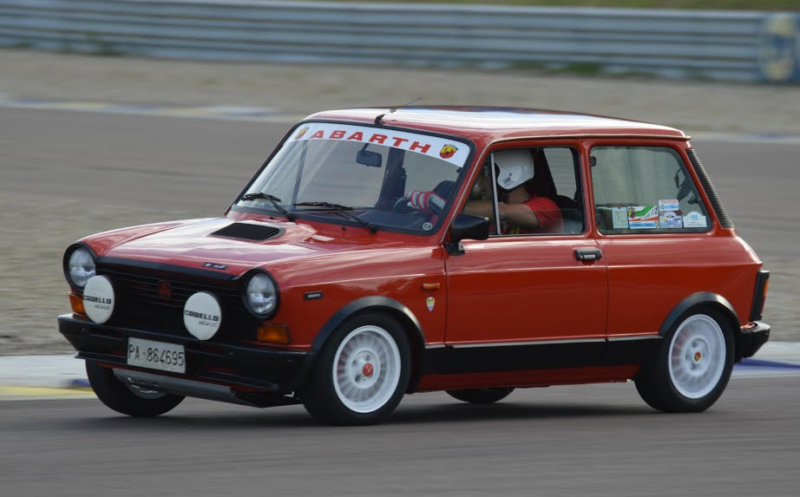
Autobianchi, a subsidiary of Fiat, mainly focused on small, utilitarian cars but carved out a niche for itself with the A112 Abarth, a hot hatch version of the popular A112 city car. This car was a classic David vs. Goliath story in the automotive world – a small, lightweight chassis powered by a high-revving, Abarth-tuned engine. With its agility, nimble handling, and the growl from its modest engine, the A112 Abarth became a popular choice in the rallying scene, especially in the lower displacement classes. Its compact size, combined with a surprising turn of speed and an ability to tackle tight corners, made it a beloved car among European auto enthusiasts during the 1970s and 80s.
8. Lancia
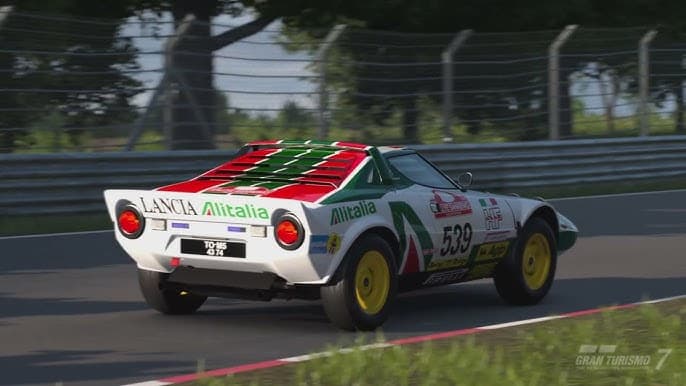
Lancia, with a history of innovation and success in rallying, has been a prominent figure in automotive circles. The Lancia Stratos HF, born in the 1970s, remains one of the most iconic rally cars ever made. Its design, featuring a wedge shape and a mid-engine layout, was groundbreaking. Powered by a Ferrari Dino V6 engine, the Stratos was not only a powerhouse but also known for its agility and handling, enabling it to dominate the World Rally Championship for several years.
Another significant model is the Lancia Delta Integrale, a direct descendant of the mass-produced Delta. The Integrale version turned this family-friendly hatchback into a legendary rally car, winning the World Rally Championship multiple times and becoming a symbol of Italian rally sport prowess with its all-wheel-drive system and turbocharged engine.
9. Moretti Motor Company
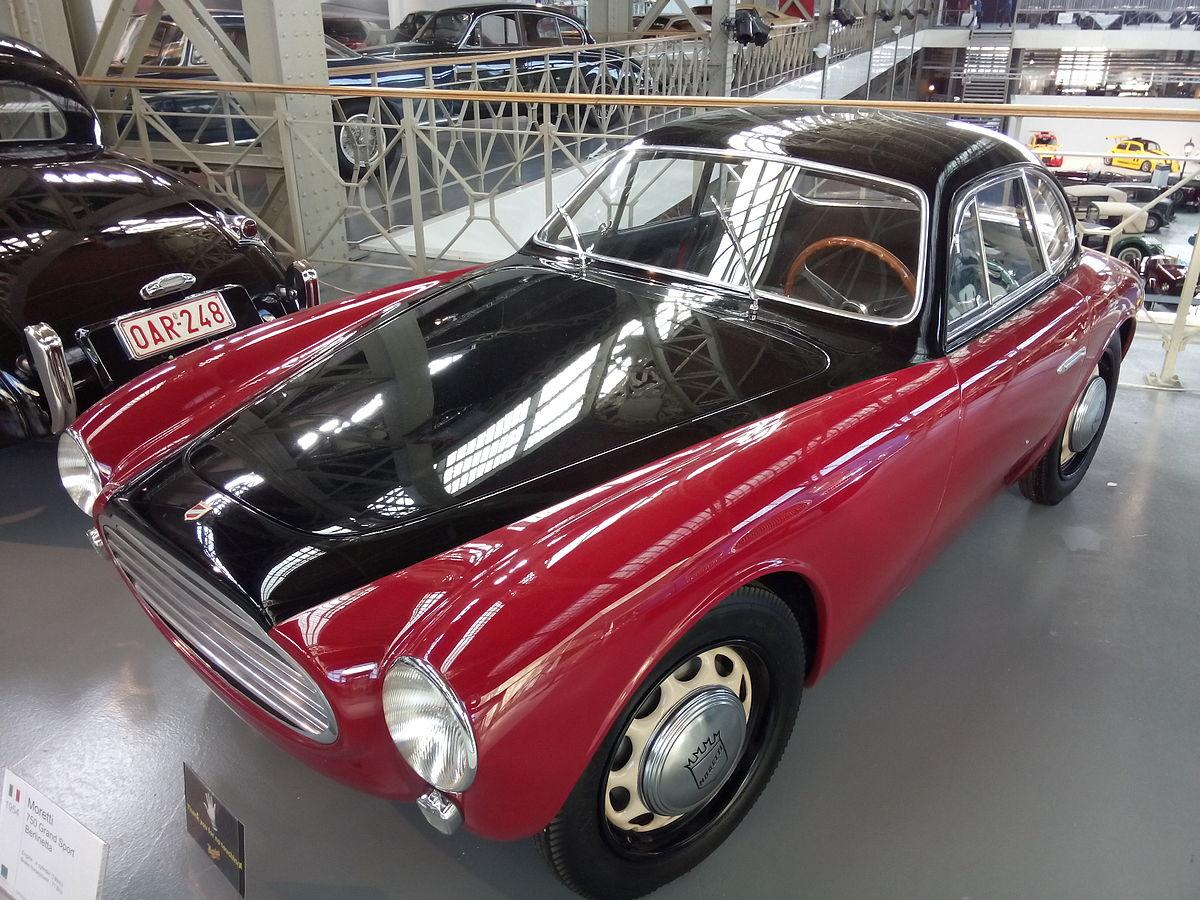
Moretti Motor Company, a lesser-known Italian car manufacturer, was known for creating small, stylish sports cars and coupés, often based on Fiat mechanicals. Their flagship model, the Moretti 750 Gran Sport, was one such example. Essentially a coachbuilt special, the 750 Gran Sport used Fiat mechanicals but featured a bespoke, handcrafted body and a finely tuned engine. Known for its elegant styling and sporty performance, the Moretti 750 Gran Sport catered to a niche market, offering a more exclusive and personalized vehicle choice compared to mass-produced sports cars.
10. OSCA (Officine Specializzate Costruzione Automobili)
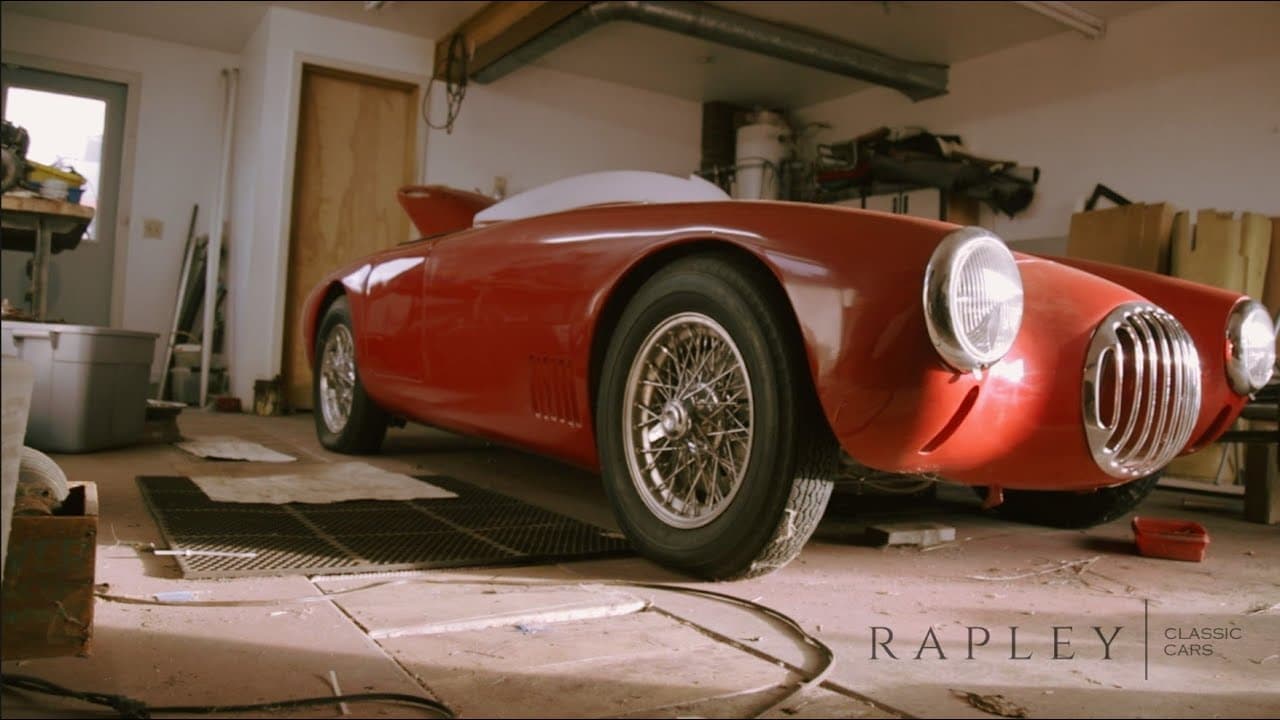
Founded by the Maserati brothers after their departure from the Maserati brand, OSCA focused on creating high-performance racing cars and sports cars. One of their most notable models was the OSCA MT4, known for its lightness and agility. The MT4, which stands for Maserati Tipo 4 cylinder, was powered by a small but efficient 4-cylinder engine and was particularly successful in sports car racing, including class wins at famous events like the Mille Miglia and the 24 Hours of Le Mans. The OSCA MT4 exemplified the brand’s philosophy of achieving performance through efficiency and lightness rather than outright power, making it a unique proposition in the Italian sports car landscape.

